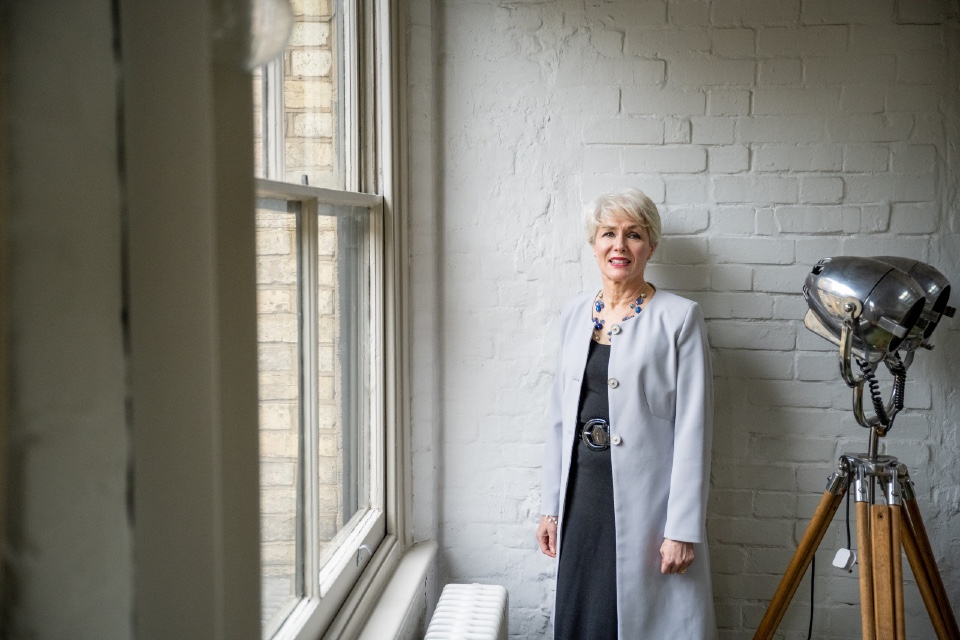Our ability to healthily deal with tensions and disagreements between colleagues, competitors, adversaries and antagonists, whether that be at a business, social or even global political level, is declining because of the unprecedented pressures we are under, according to new President of The Chartered Institute of Arbitrators (CIArb) and internationally renowned mediator and conflict specialist, Jane Gunn…
Each day critical decisions are being made that determine how organisations are going to survive and thrive in the months ahead and the stakes couldn’t be higher right now with the pandemic, racial inequality, global tension escalation, climate change, rising costs, financial instability and more, causing us to face an external and internal sense of conflict, constant fear, pressure and uncertainty. Add to that in the workplace there is an increase in employee-employer disputes, tension between age groups, difficulties of adapting to hybrid working and the Great Resignation to name a few key influencers.
A fear-based approach means our ability to mediate or deal with tension is reduced. We are often guided by patterns of behaviour from past experiences and situations which can cloud our thought process and our ability to think from someone else’s viewpoint or to try and understand why they feel that way. Our need to feel safe means we are simply sticking with what we know and looking for ways to confirm our own reality rather than the truth.
So the question is what can we as individuals do to understand and transform these potential conflicts and is there a deeper meaning and message to be learnt? Certainly conflict is not always a negative thing. There are two obvious positives, that more people are choosing to speak up and leaders are being given an opportunity to find solutions and support their staff in an informal way if the tension is caught early.
The answer lies though in choosing a resolutionary path over a revolutionary approach by recovering our lost skills and developing principles of mediation to tackle challenging situations. Being fully and independently informed, weighing up all the evidence without coercion, applying our own values and criteria whilst considering all potential consequences and then making a decision based on all of the above is the best way to tackle challenging situations.”
We can see this in top conflict resolvers who do the following:-
- Acknowledge everyone’s perspectives. We interpret everything we see, hear or experience in business according to our pre-existing view of the world and our instinctive reaction to difference and conflict is to defend our ideas and beliefs. Good conflict resolvers want to learn about, understand and acknowledge everyone’s perspectives in order to get to the bottom of the problem.
- Don’t jump the gun. Our instinctive reaction to conflict is to see it as a threat and to either fight, flee, freeze or appease it. Good conflict resolvers take some time to consciously decide what the best response would be.
- Aren’t concerned with ‘winning’. By putting ourselves in other’s shoes this allows us to see that their needs and interests, fears and concerns are every bit as important as our own and that finding ways to acknowledge and meet these is far more important than ‘winning’.
- Focus on the future and not the past. The focus of most conflicts and disputes is the past. People often spend too much time going back over scenarios trying to allocate blame or fault. However, good conflict resolvers focus on a time in the future when the conflict or dispute no longer exists and plan the steps necessary to achieve the best outcome.
- Respectful of others’ views. They understand that fear is at the heart of most business conflicts and know to give respect, care and attention to others irrespective of the disagreement at hand.
- Consider the needs of others. Conflict resolution should be empowering rather than overpowering. A good conflict resolver empowers others by making them feel acknowledged and so able to recognise the needs, fears and concerns of others as well as themselves.
- Deep listeners. They show understanding by listening deeply without interruption. They know to reflect back to avoid misunderstanding the issues and give their interpretation of the conflict to communicate effectively and create a sense of being truly heard.
- Celebrate the differences. Conflict highlights the differences between us. Good conflict resolvers look beyond any differences and rather than trying to persuade people to change their minds, attitudes or behaviour, they are ready to change themselves and are prepared to collaborate to find value.















